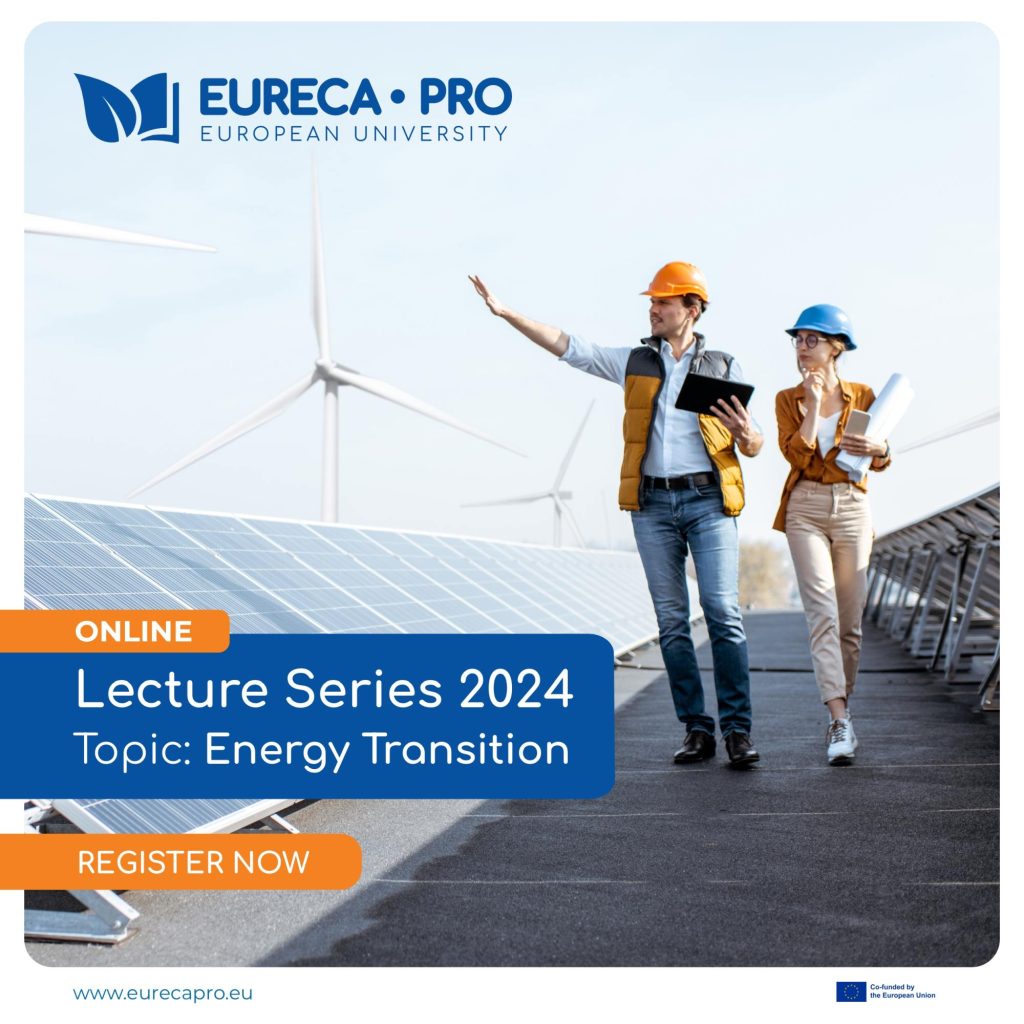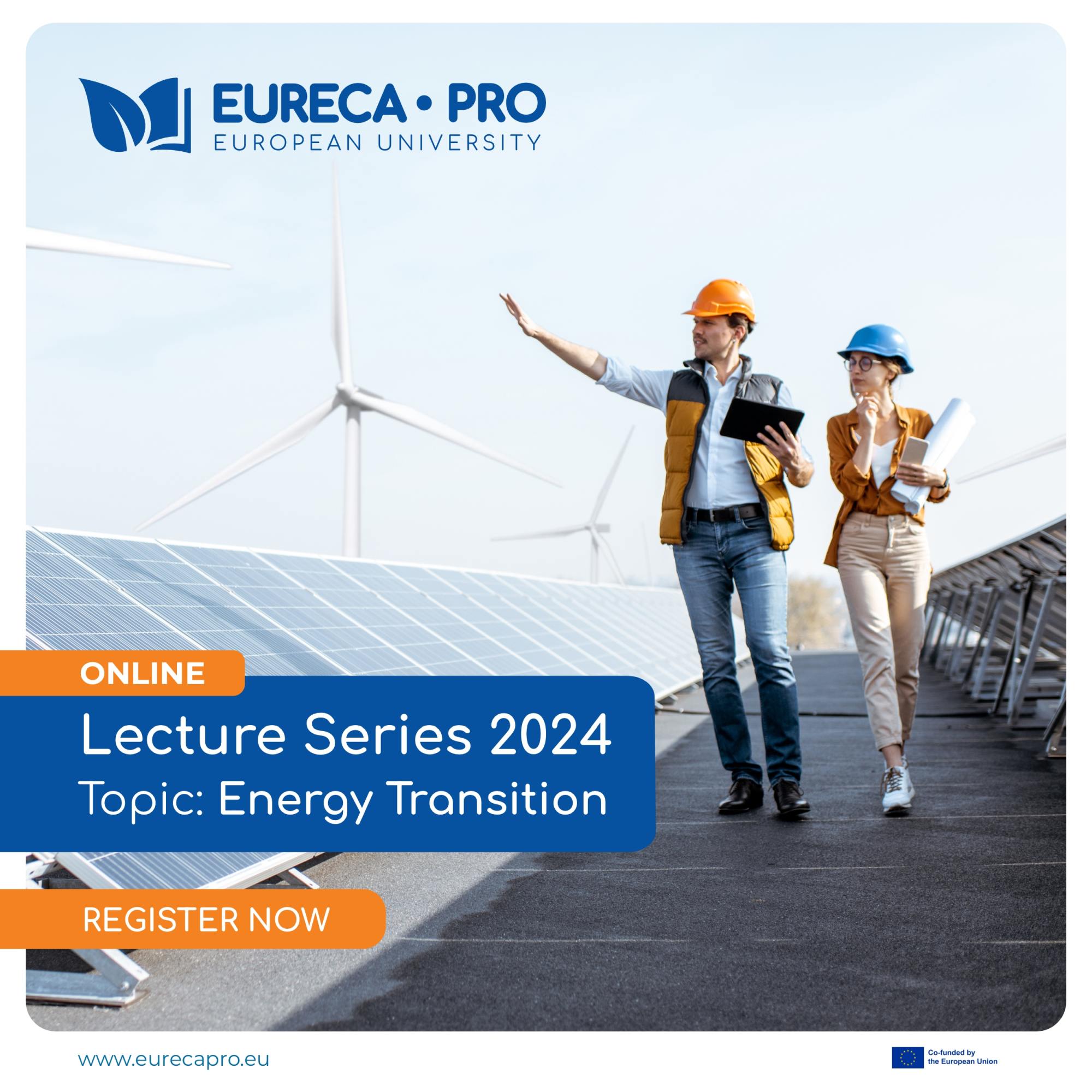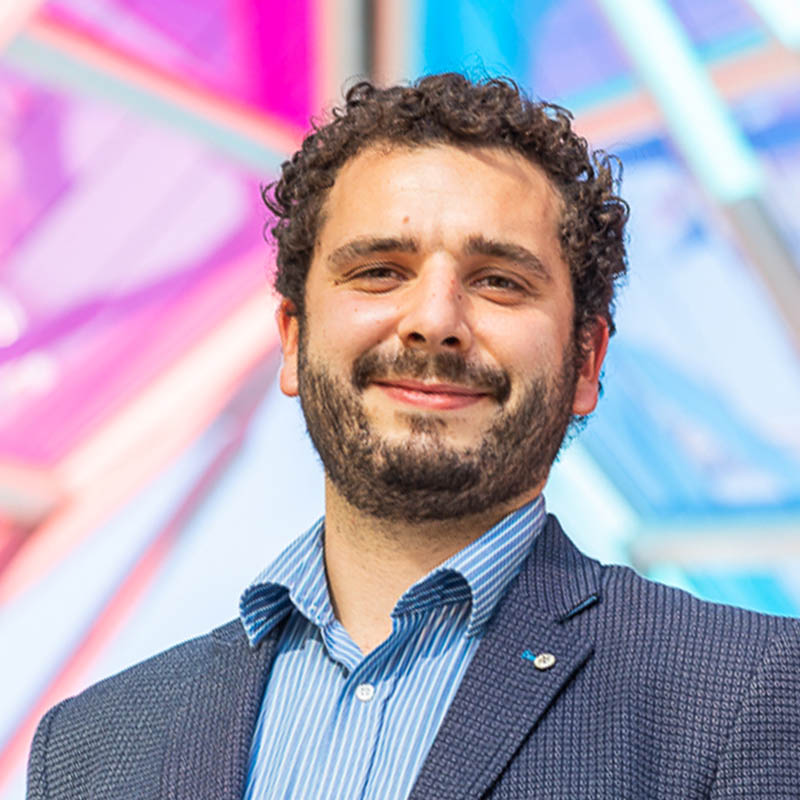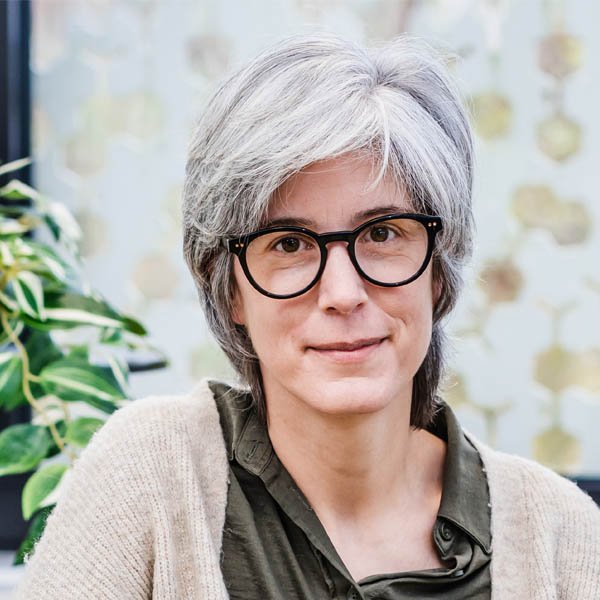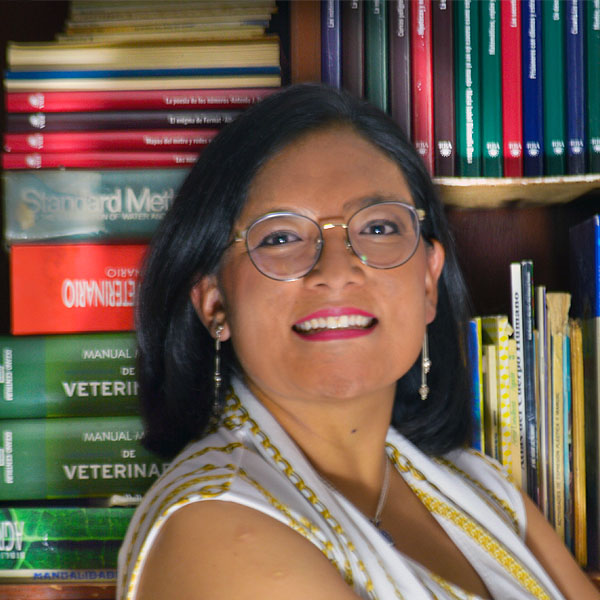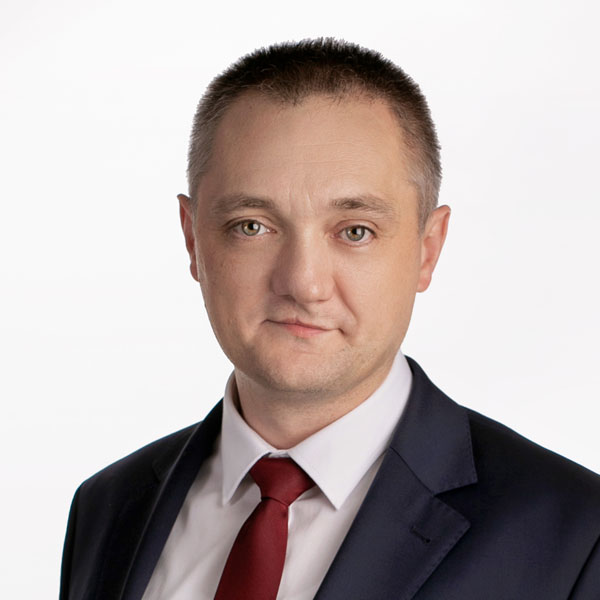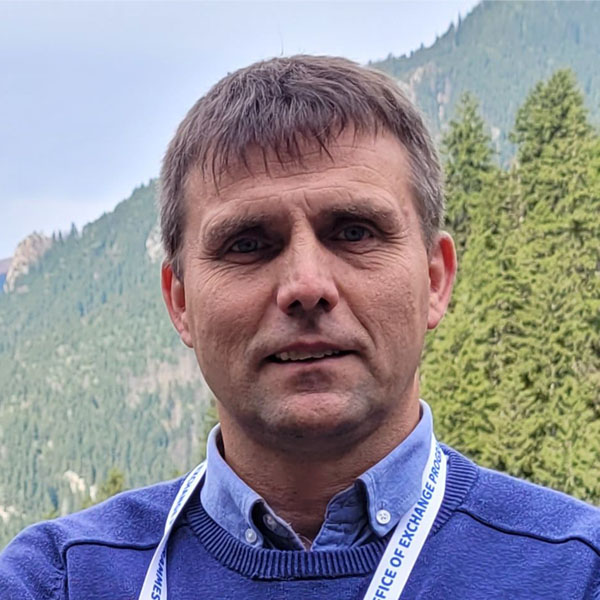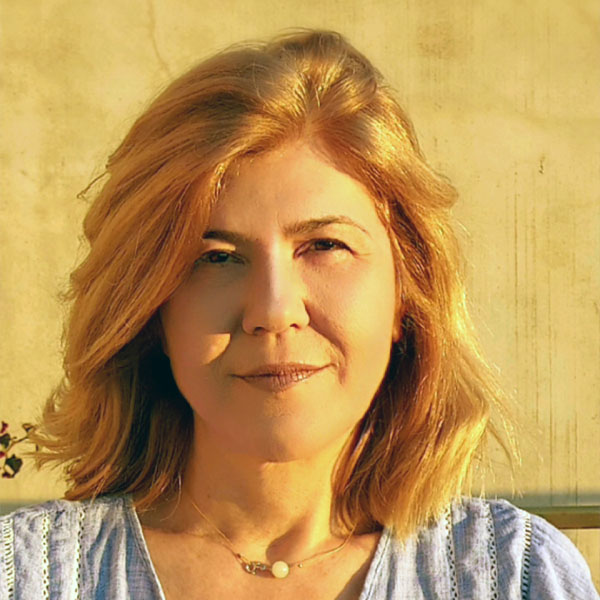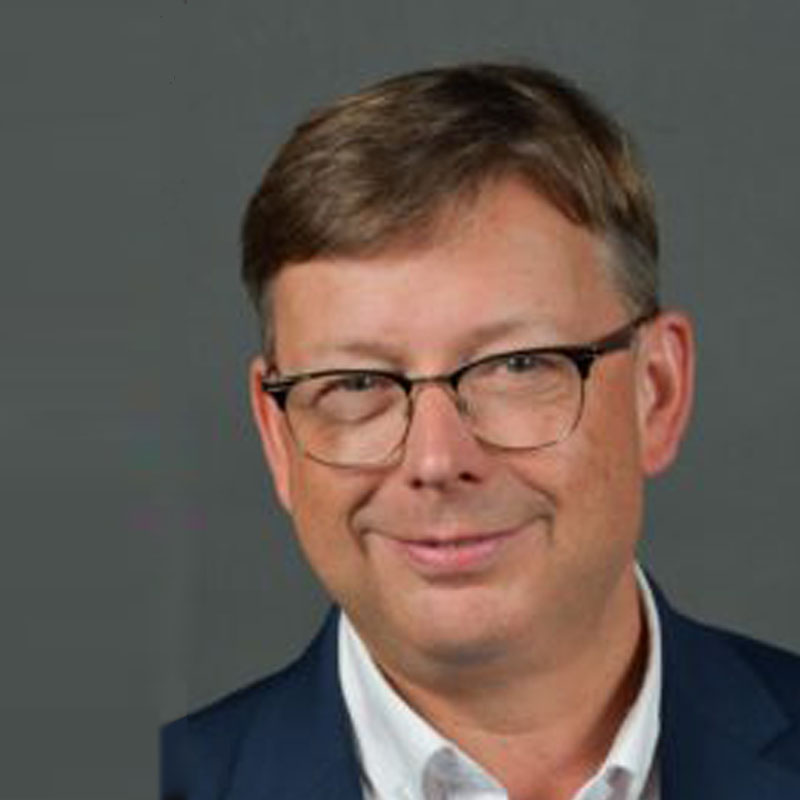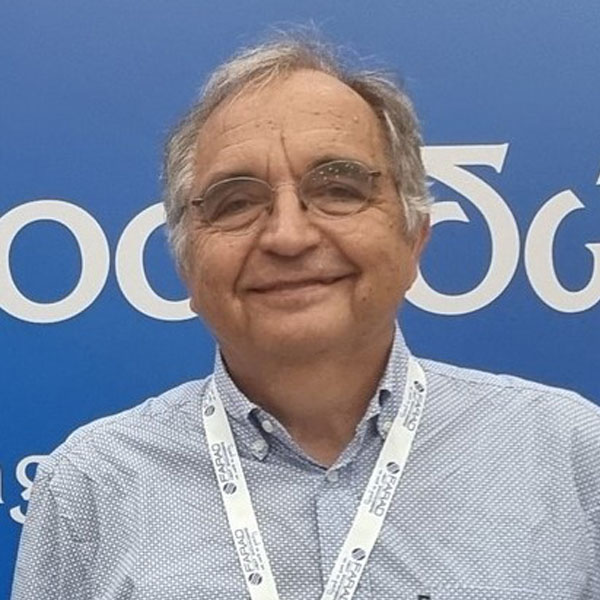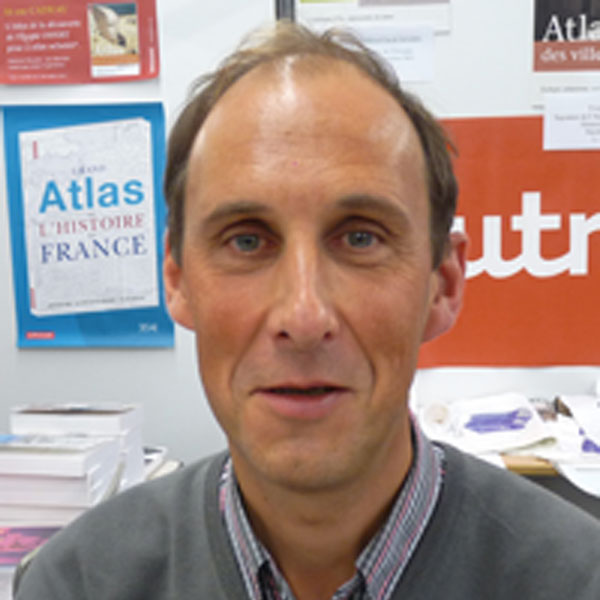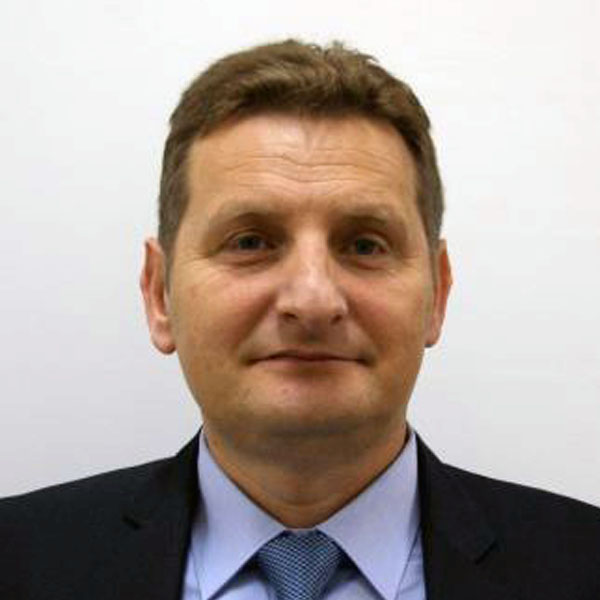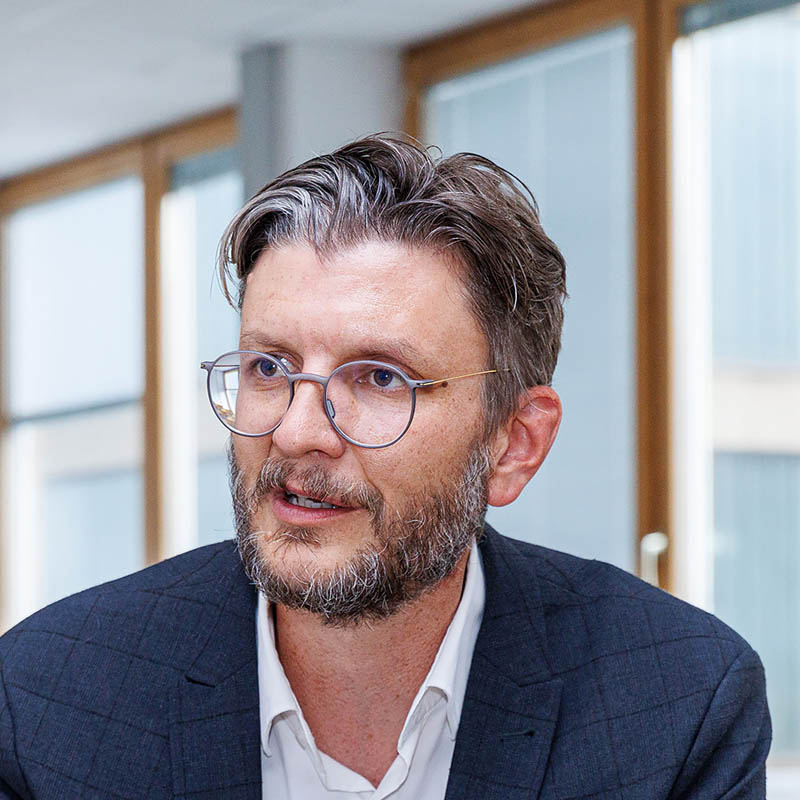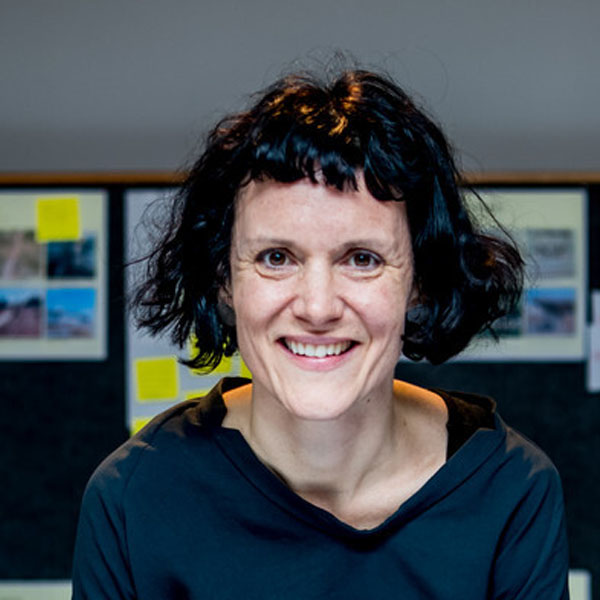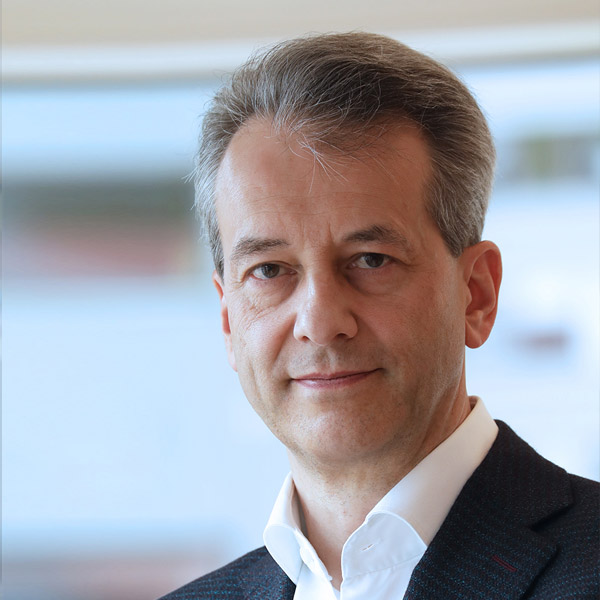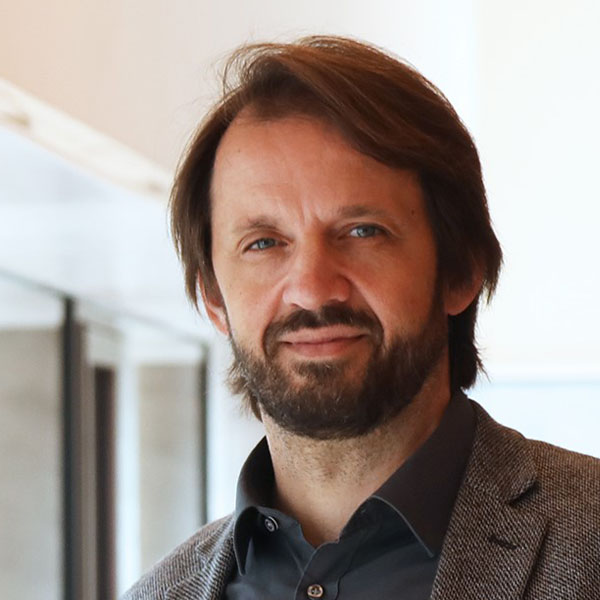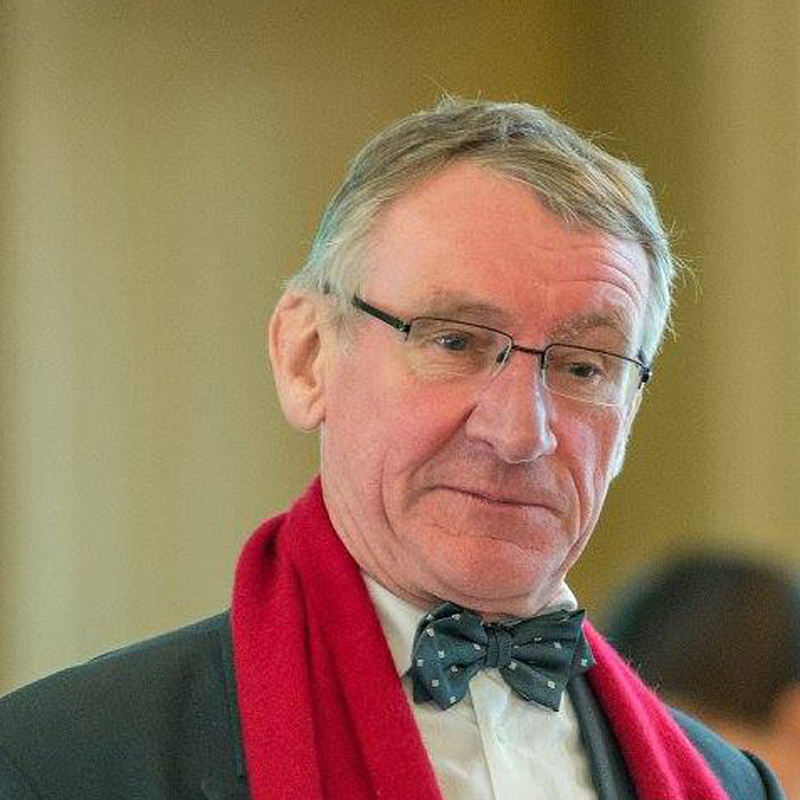EURECA-PRO is starting the fifth free online lecture series consists of 14 lectures presented by leading professors and researchers. The general topic of the Module is Introduction to Sustainable Development Goals with emphasis on Responsible Consumption and Production.
OBJECTIVES:
The Lectures are intended to provide an Introduction to Sustainable Development Goals with emphasis on Responsible Consumption and Production. The specific topic of the upcoming winter semester is “Energy transition”, illustrated by the following thematic areas:
- EU Green Deal and energy transition
- Infrastructure for energy transition
- Energy markets
- Energy technologies
- Transition strategies
- Materials for energy transition
- Environmental impacts
This lecture will be presented by leading professors and researchers of nine European universities from eight countries. The lectures are open for students, researchers and academic staff.
Students from EURECA-PRO partner universities can take the series as a free elective and receive three credit points, if they attend at least 80% of the lectures and pass the module exam.
Please note: Registration for ECTS in the Lecture Series Module is now closed. However, free listeners are still warmly welcome to join!
Certificates
All participants can get a Certificate of Attendance for each lecture!
The lecture series is one part of the module „Introduction to Sustainable Development Goals with emphasis on Responsible Consumption and Production“. Recognition with 3 ECTS credits can be granted if 11 lectures are attended and an online test is taken. We will send necessary information and conditions of participation until 10th of October to anyone who has expressed interest by registering.
Topics of the fifth free Online Lecture Series 2024

Université de Lorraine, Nancy, France
Lecture title
The materials behind the green and digital transition
Dr. Alexandre Nominé
Monday, 7th October, 9:00 CET
Hasselt University, Hasselt, Belgium
Lecture title
Sustainability of rechargeable batteries for energy storage
Prof. Dr. An Hardy
Wednesday, 9th October, 9:00 CET
Université de Lorraine, Nancy, France
Lecture title
Green Bonds and The Energy Transition: Efficiency and Social Inequalities
Dr. Verónica Acurio Vásconez
Monday, 14th October, 10:00 CET
Silesian University of Technology, Poland
Lecture title
Renewable hydrogen generation & storage with risk analysis for its infrastructure
Dr. Wojciech Kosman
Monday, 21st October, 9:00 CET
Silesian University of Technology, Poland
Lecture title
Superconducting technology for energy conversion and distribution
Prof. Dr. Mariusz Stępień
Wednesday, 23rd October, 9:00 CET
Technical University of Crete, Greece
Lecture title
Τhe intersection of green and smart city and the “phygital” world: How nature-based solutions improve the health and wellbeing in cities
Prof. Dr. Dionysia Kolokotsa
Monday, 28th October, 9:00 CET
Université de Lorraine, Nancy, France
Lecture title
Energy transition, a global perspective
Prof. Fabrice Lemoine
Wednesday, 30th October, 9:00 CET
Technical University of Crete, Greece
Lecture title
Sustainable Energy & Mobility in Tourism Destinations
Prof. Theocharis Tsoutsos
Wednesday, 6th November, 9:00 CET
Université de Lorraine, Nancy, France
Lecture title
Constraints and limits of the energy transition in the territories: the example of Europe
Prof. Michel Deshaies
Monday, 11th November, 9:00 CET
Silesian University of Technology, Poland
Lecture title
The role of turbomachinery in the energy transition
Prof. Sławomir Dykas
Wednesday, 13th November, 9:00 CET
Montanuniversität Leoben, Austria
Lecture title
Routes to Climate Neutrality – Key Elements of Future Energy Systems
Prof. Dr. Thomas Kienberger
Monday, 18th November, 9:00 CET
Hasselt University, Hasselt, Belgium
Lecture title
Participatory Design of energy transitions on neigbourhood-scale. The cases of the garden cities in Genk and the post-war neighbourhoods in Kortrijk, Belgium.
Prof. Dr. Liesbeth Huybrechts
Monday, 25th November, 9:00 CET
Montanuniversität Leoben, Austria
Lecture title
Energy Economics and Markets
Prof. Dr. Wolfgang Posch
Wednesday, November 27th, 9:00 CET
Montanuniversität Leoben, Austria
Lecture title
Critical raw material assessment
Dr. Gerald Feichtinger
Monday, 2nd December, 9:00 CET


